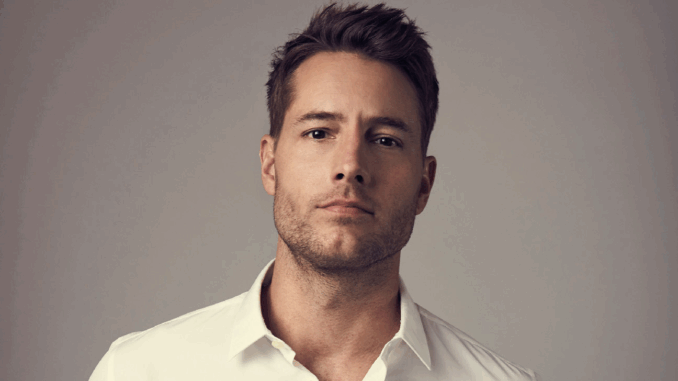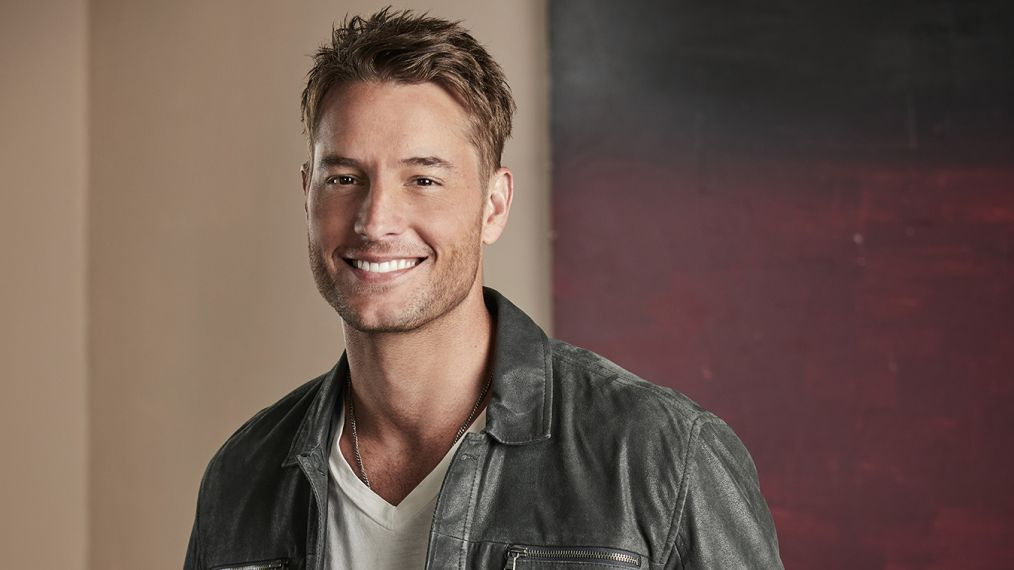
A Shift in Masculinity on Screen
In the past decade, television has slowly moved away from the hyper-masculine, emotionally detached male characters that dominated for years. A new wave of storytelling has emerged—one that centers on vulnerability, emotional depth, and the inner lives of men. Few actors have embodied this shift more clearly than Justin Hartley.
Through his nuanced performance as Kevin Pearson in This Is Us and his continued work in character-driven roles, Hartley has quietly become one of the key figures in redefining what it means to be a “leading man” in the modern era of television.
Kevin Pearson: A Study in Imperfection
In This Is Us, Kevin Pearson isn’t a superhero, a cop, or a detective. He’s an actor—handsome, wealthy, and outwardly successful. But underneath, he’s deeply insecure, struggling with abandonment issues, addiction, self-worth, and the pressure to live up to a father’s legacy.
This character allowed Hartley to portray a man who:
-
Fails repeatedly, but keeps trying.
-
Craves love, but pushes it away.
-
Breaks down emotionally, without shame or melodrama.
Audiences connected with Kevin because he mirrored real-life emotional struggles, especially among men who are taught to suppress them. And Hartley’s honest, restrained performance helped open a conversation about mental health, grief, and emotional growth.
Redefining the “TV Heartthrob”

In earlier eras, Hartley might have been cast only for his looks. But modern TV has demanded more, and Hartley rose to meet it. His career reflects a larger cultural movement where actors must be more than just attractive—they must be emotionally articulate, psychologically layered, and morally complex.
Rather than lean into alpha-male tropes, Hartley embraced roles where vulnerability is a strength, not a weakness. That shift matters—not just for actors, but for the audiences watching and identifying with them.
Impact on Younger Viewers
What makes Hartley’s presence on modern television especially important is how it influences younger viewers, especially men. His characters demonstrate that it’s okay to:
-
Go to therapy
-
Cry openly
-
Ask for help
-
Reflect on childhood trauma
-
Apologize and grow
In a world where toxic masculinity still persists, Justin Hartley represents a healthier, more emotionally intelligent masculinity—one rooted in compassion, accountability, and self-awareness.
Beyond This Is Us: Continuing the Trend
After This Is Us, Hartley continued to select roles that reflect these values. His new series, The Never Game, features a protagonist who—while physically capable—is also introspective, thoughtful, and emotionally complex. As Colter Shaw, he doesn’t solve problems with brute force, but with intuition, observation, and empathy.
This isn’t an accident—it’s a conscious decision to steer television’s future toward more meaningful, character-driven storytelling.
Why It Matters in Today’s Culture
In a time when society is reevaluating what strength looks like—especially in men—Justin Hartley’s work arrives at the perfect moment. He shows that leading men don’t have to be invincible or emotionless. They can be kind. They can struggle. They can evolve.
Hollywood still has room to grow, but Hartley is among the actors pushing it in the right direction—not with big statements, but with quiet, consistent work that redefines masculinity for a new generation.
Final Thought: The Power of Subtle Influence
Justin Hartley may not be the loudest voice in Hollywood. He doesn’t chase viral moments or sensational headlines. But through every role he plays, he’s helping rewrite what audiences expect from male leads—and more importantly, what men expect from themselves.
And in the landscape of modern television, that quiet revolution might be his most meaningful contribution yet.
